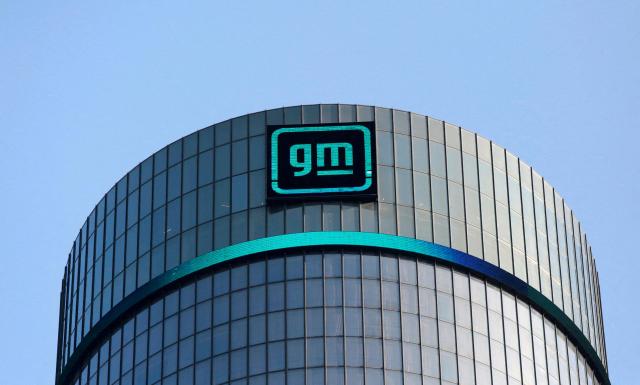
This came just hours after GM’s U.S. headquarters unveiled a sweeping $888 million investment in its Tonawanda engine plant in Buffalo, N.Y., marking a renewed focus on internal combustion engine production in the United States — and underscoring a stark contrast in strategic priorities across the Pacific.
GM Korea informed employees Wednesday that it would begin the sequential sale of nine company-operated service centers across the country. It also plans to dispose of idle assets and underutilized facilities at its sprawling Bupyeong plant, once a cornerstone of GM’s global manufacturing network.
“The sale of these assets is intended to maximize the value of underused property and to rationalize loss-making service center operations,” said Hector Villarreal, president of GM’s Asia Pacific and Korea operations. “This is critical to ensuring the sustainability of our operations.”
The Korean divestitures stand in sharp relief to the company’s expanding footprint in the U.S.
GM’s latest investment will fund the production of its sixth-generation V-8 engines — destined for use in pickup trucks and SUVs — and is expected to create 870 jobs, including 177 roles that had been at risk due to the company’s prior shift toward electric vehicles, New York Governor Kathy Hochul said in a statement.
GM had initially earmarked $300 million for EV-related production at the same Buffalo-area plant but has since abandoned those plans, signaling a broader pivot back toward gasoline-powered engines amid cooling demand for electric vehicles.
Industry analysts say the asymmetry in GM’s global strategy mirrors the company’s track record of exiting less profitable markets. Over the past decade, GM has withdrawn from Australia, Indonesia, Thailand, India, and much of Europe, often shuttering factories or selling operations after profitability waned.
In South Korea, the company closed its Gunsan plant in 2019, citing poor performance. More recently, GM sold its stake in Ultium Cells — a battery joint venture with LG Energy Solution — as electric vehicle demand softened.
“GM Korea exports more than 90 percent of its output to the U.S., making it essentially a factory that exists for America,” said an industry official who spoke on condition of anonymity. “If U.S. tariff policies diminish its cost advantage, it wouldn’t be surprising if GM decided to withdraw sooner rather than later — despite public denials.”
Copyright ⓒ Aju Press All rights reserved.

